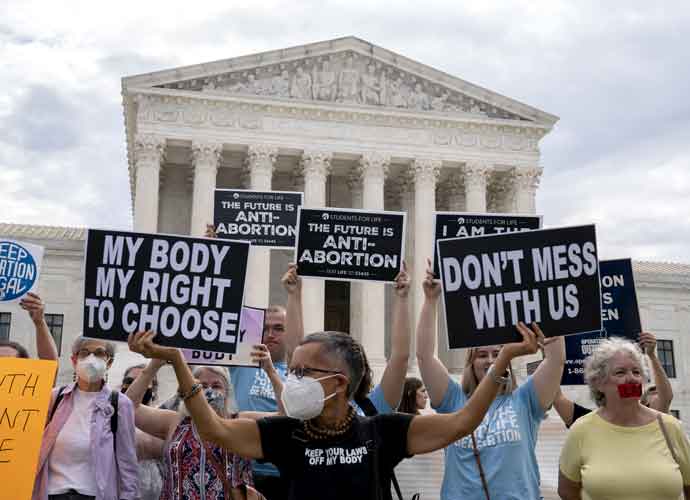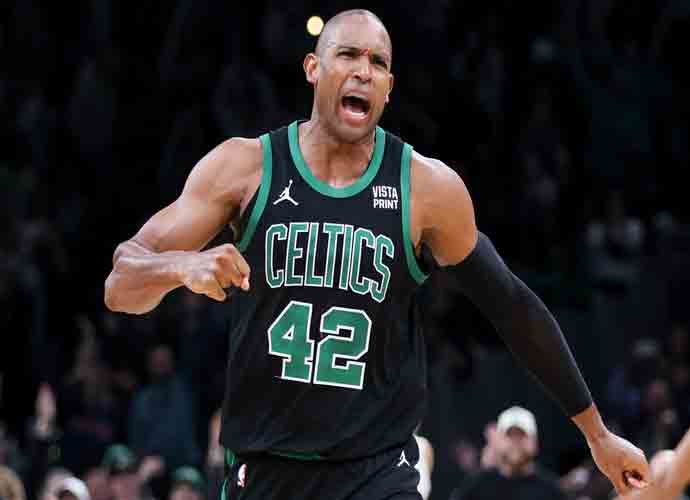Tokyo Olympics Begins With Opening Ceremony Amidst COVID-19 State Of Emergency
The postponed 2020 Tokyo Olympics have officially started a year late.
Eleven thousand athletes from 206 nations poured into Tokyo in the days and weeks leading up to the games while the city entered its fourth COVID-19 emergency lockdown. The opening ceremony began in a large sports arena, left mostly empty as a result of the recent uptick in coronavirus cases. Fans will not be permitted to watch the events; not even the athletes’ families are permitted inside the competition spaces.
Protests could be heard outside of the opening ceremony space, crowds shouting chants like “Olympics leave Japan,” “Go to hell, Olympics” and “Go to hell, IOC.” The Games’ organizers, for their part, claim that they are taking the current state of Tokyo into account, and Tokyo 2020 CEO Toshiro Muto said that he has not ruled out canceling the event at the last minute, if necessary.
The organizers said that, throughout the ceremony and Games, “we will acknowledge the way the world came together to face a global threat, while recognizing, lauding and demonstrating our sincere gratitude for the immeasurable support and efforts of all those who made Tokyo 2020 possible.”
The continuation of the 2020 Olympics has become wildly unpopular with the city’s residents. One poll showed that around 70% of residents wanted the games to either be canceled or postponed.
Inside the arena, though, the opening ceremony, themed “United by Emotion,” continued much as usual, minus the crowds. Emperor Naruhito formally opened the Games of the XXXII Olympiad. The “Parade of Nations” marched through, their order determined, not by the English alphabet but by their katakana order. Following a new Olympics rule that puts future host countries at the end of the line, the U.S. marched third to last.
The athletes were played out with orchestral versions of Japanese video game music like Mario, Sonic and Zelda.
The most controversial Games to date will be broadcast live on NBC.
RELATED ARTICLES
Get the most-revealing celebrity conversations with the uInterview podcast!








Leave a comment